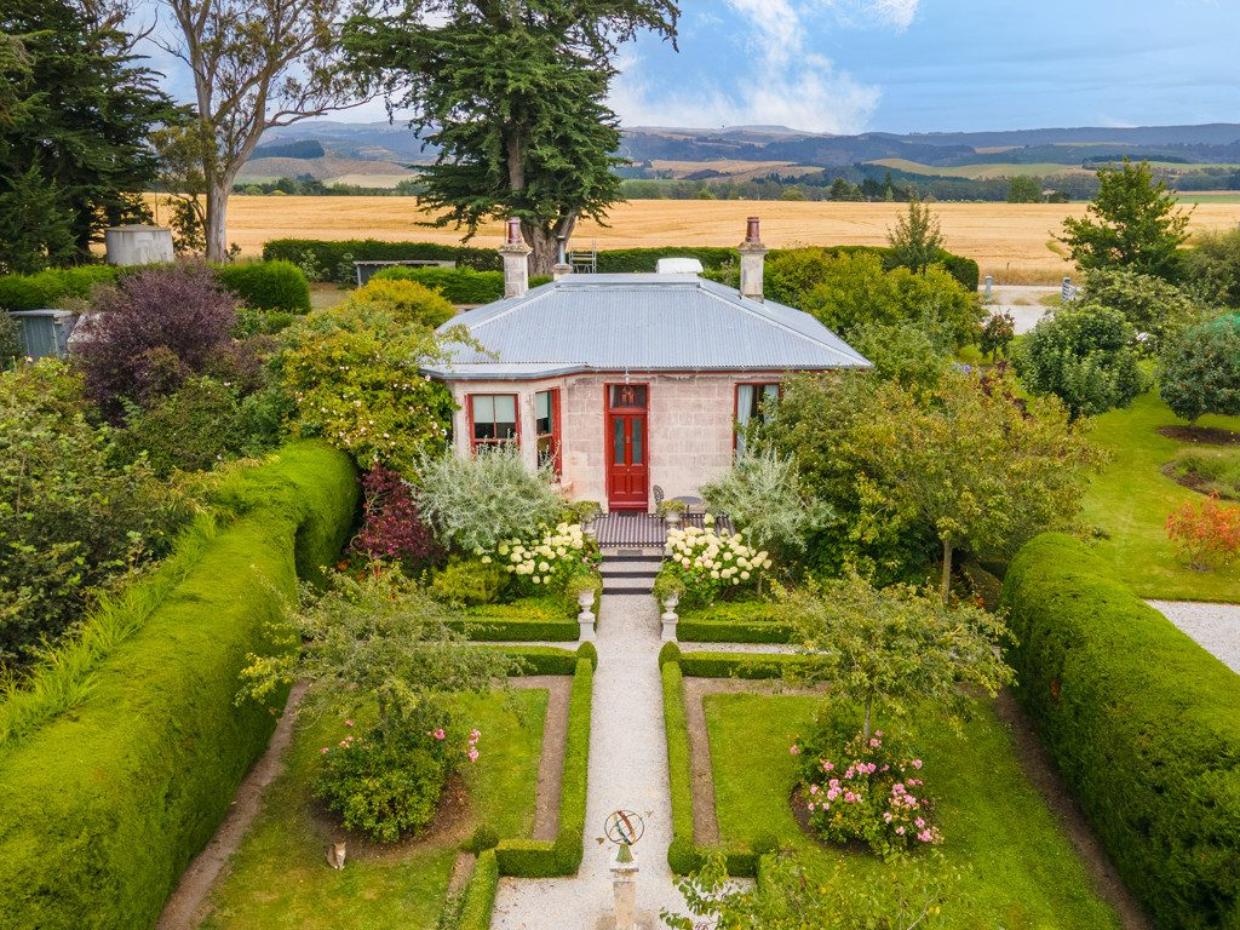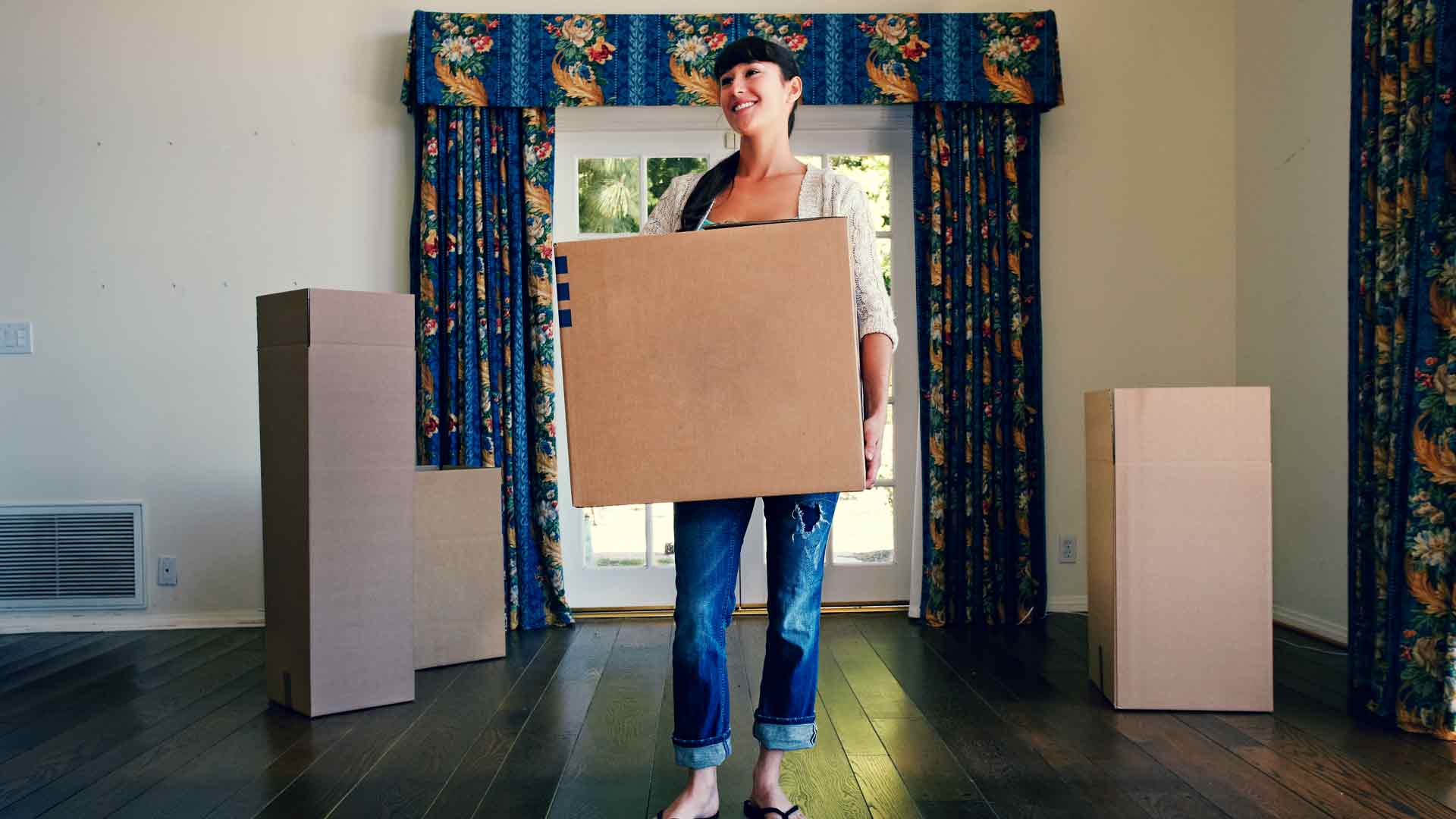Buying guide
7 first home buyer mistakes that could cost you thousands (and how to avoid them)
What are some common mistakes made by first home buyers? Find out how to avoid them and get ready to buy your first home

1. Not Knowing Your Budget
It's important to know your budget when hunting for your first home.
2. Not checking your credit score
4. Not Shopping Around for Your Mortgage
5. Not Using Schemes to Boost Your Deposit
6. Not Hiring a Good Property Lawyer
7. Not Getting a Builder’s Report
Find your perfect property
From your first home to your forever home, start your search on Trade Me Property, NZ's #1 property site.
Start searching Author
Discover More

Derelict for 40 years: 1860s cottage beautifully restored by ‘hopeless romantics’
John and Janet Adams have renovated this historical cottage into a cosy haven that honours its rich past

‘People knock on the door because it’s such an amazing spot’: Coffee industry hotshot selling waterfront home
Peek inside Wellington architecturally designed waterfront home
Search
Other articles you might like






